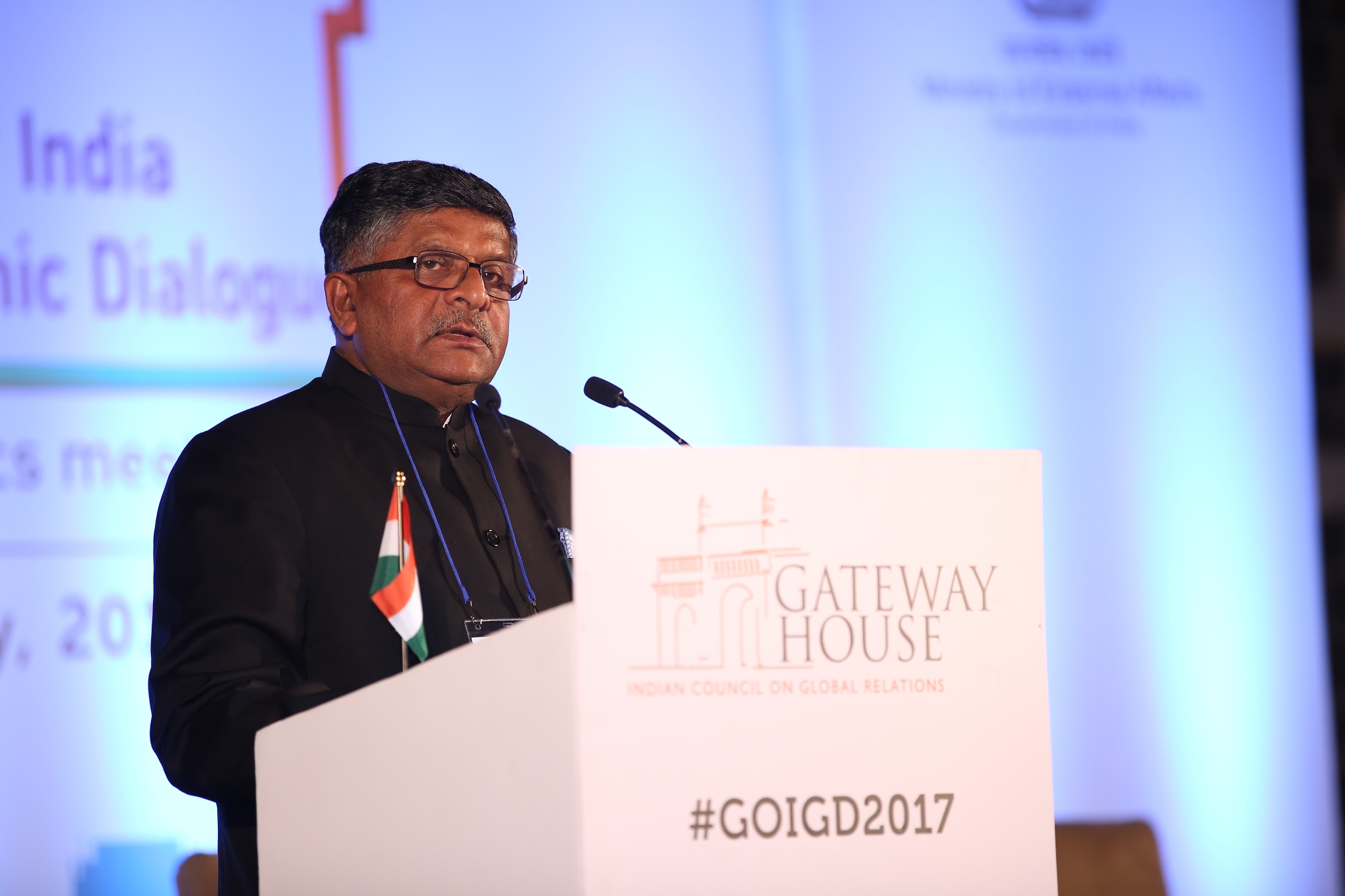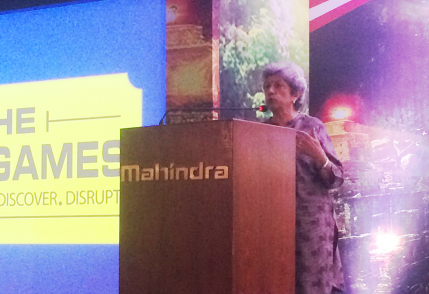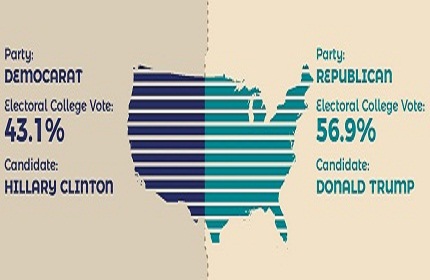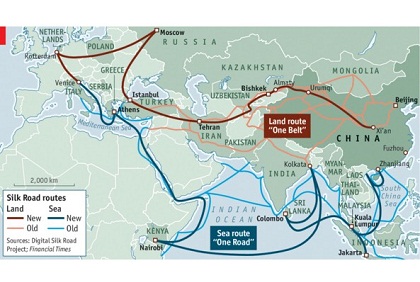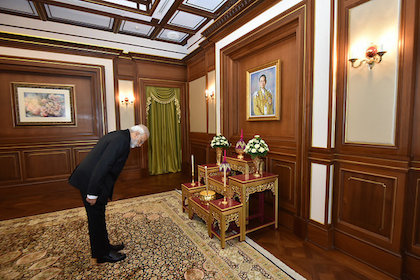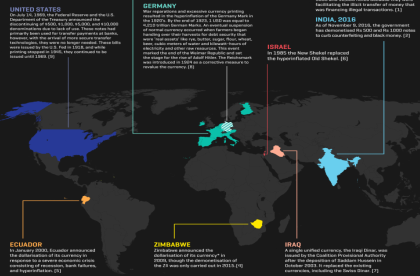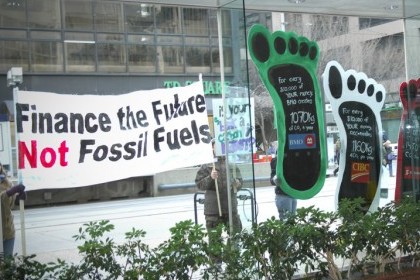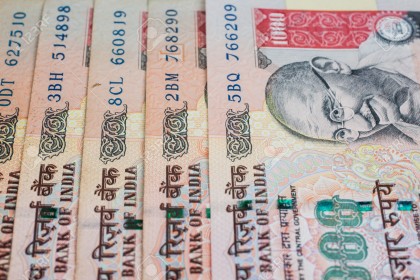GOIGD 2017: Inaugural Keynote by Hon’ble Ravi Shankar Prasad
Hon’ble Ravi Shankar Prasad is the Minister of Law & Justice and Minister of Electronics & Information Technology at the Government of India. He delivered the Inaugural Keynote II at India’s second Gateway of India Geoeconomic Dialogue conference in Mumbai, organised in association with the Ministry of External Affairs.

